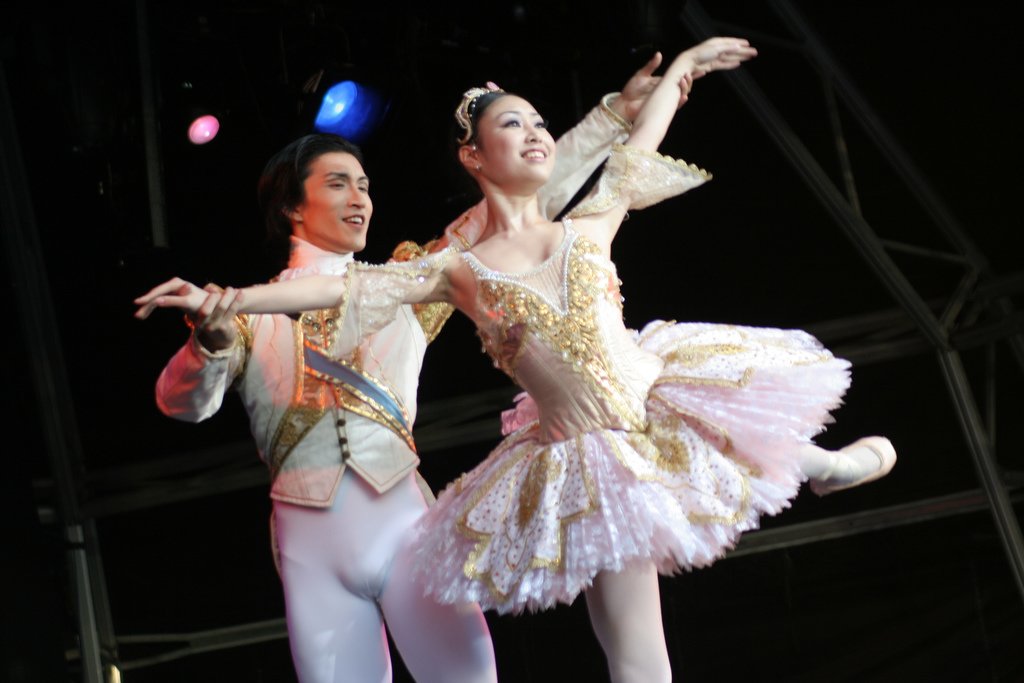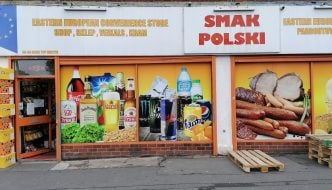The UK arts sector relies on migrant talent – a no-deal Brexit could spell disaster
September 11, 2018

Only 15% of the principal dancers at The Royal Ballet are UK nationals (Flickr/Stef Lewandowski)
“There are two ways of being creative,” the great American writer Warren Bennis once professed. “One can sing and dance, or one can create an environment in which singers and dancers flourish.”
With days populated by long, repetitive and physically demanding hours of practice and rehearsal, there is arguably no other industry professional who understands the importance of these words as much as an arts professional.
But how do you go about producing this kind of environment? How do you generate and sustain creativity?
While there are many debates and discussions which attempt to answer these questions, one of the most commonly held explanations is that creativity corresponds with contrast. In this understanding, creation is most likely to occur when two or more different ideas are combined with one another to form a new one.
When this analogy is placed into the context of the workplace, the importance of cultural diversity becomes clear; multinationalism and multiculturalism encourage variation, and this variation encourages debate. It is this debate – this clashing and engaging of different cultures, life experiences and perspectives – which really allows creativity to flourish.
What’s more, with overseas talent currently contributing to over 11% of Britain’s creative workforce, according to a report released by the Confederation of British Industry (CBI) this August, it is clear that multiculturalism is not only desirable for the UK’s creative industries, but fundamental. In turn, a further look at the structure of several of Britain’s creative sectors shows that overseas influence is even more important for several areas in the arts.
The UK’s dance industry is one example of this. Of the principal dancers at The Royal Ballet, for instance, only 15% are UK nationals, while 25% are from the EU and a huge 65% majority have migrated from outside of the EU, from places like Russia, South America and Asia. This comes as no surprise. With the roles Skilled Classical Ballet Dancer and Skilled Contemporary Dancer featured on the UK Shortage Occupations List, the need for dance troupes and companies to be able to have access to overseas talent is essential if the UK’s dance industry wants to remain able to compete internationally, as it currently does, on the world stage.
Other industries which are reliant on foreign talent include the UK’s gaming industry. According to the CBI, 57% of firms in the games industry employ EU workers, and these employees contribute a third of their companies’ overall headcount. Another example is the British music industry. Talented classical European musicians make up a significant proportion of British orchestras and many popular musicians rely on free movement laws which allow them to collaborate with British artists and attend festivals or concerts in the UK with ease. The same can be said for British performers, who need to be able to access EU countries to easily rehearse, train or tour.
Alongside this, increasingly high slashes to arts funds in the UK are meaning that less and less is being spent on nurturing UK talent and interest in the arts each year. Recent figures from the Department for Communities and Local Government suggest that councils in England are now spending £40bn less Arts funds (which support companies, community projects and the upkeep of creative spaces like theatres) than they were in 2010 – resulting in a 16.6% reduction within the last six and a half years. While this continues to fall, we can expect the skills gaps in several arts sub-sectors to widen, and for the need for skilled EU and non-EU talent to increase.
With Brexit day fast approaching and discussions of a “no-deal” Brexit hanging in the air, there seems to be an unease growing within almost every UK industry and sector, including the arts. If a no-deal were to be the decision made by the British government on March 29th, several areas in the arts would take a severe blow. In turn, while we are still unclear about exactly how immigration laws will be changed after Brexit, what we can be sure about is that they will not stay the same. We already know that free movement is set to end. Whether the same Tier 2 Work Visa regulations which are imposed on non-EU migrants will be implemented for EU citizens is still unclear, although the CBI heavily warns against this, urging for a new “open and controlled” EU immigration system instead.
Whatever the case, negotiations will need to bear in mind that Britain’s arts sector has an infrastructure which is propped up by migrant talent – both to fill skills gaps and to encourage the exchange and creation of new ideas.
This article has been written by Luna Williams, Political Correspondent at the Immigration Advice Service




Comments